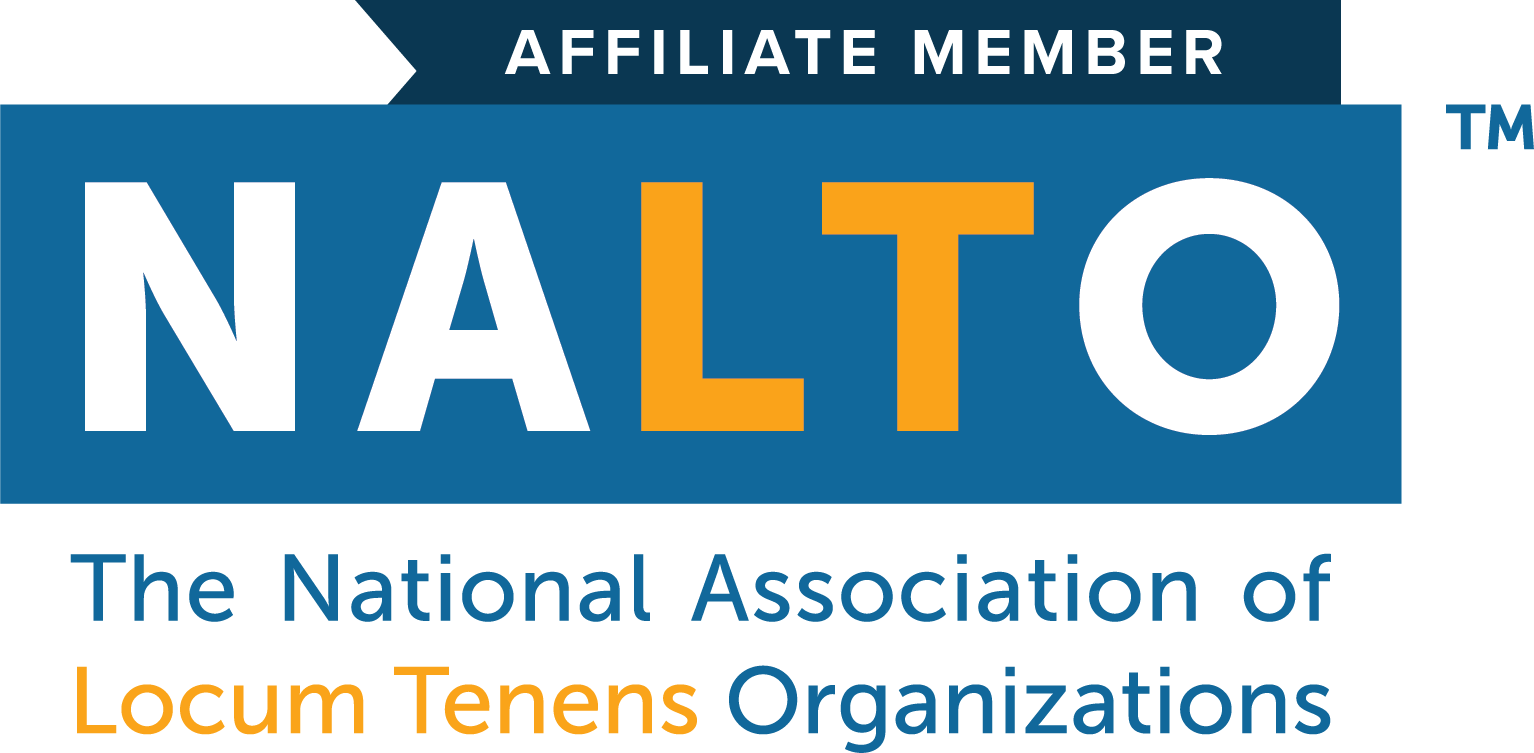Do You Need to be an Entity to be a Locums Provider?
Dec. 11th, 2024 11:45 am
Do You Need to be an Entity to be a Locums Provider?
Let’s explore a common misconception regarding the best tax structure to take as a locum tenens provider.
Myth: You need to be an entity (sole proprietorship, corporation, LLC, etc) to have more tax breaks and liability protection as a locum tenens provider.
Truth: While some locum tenens providers take this route, you do not need to be an entity; in fact, the tax breaks are the same either way.
- Forming an LLC, which many locum tenens consider, actually does not offer any significant protection from malpractice, which is a common misunderstanding. Malpractice is always a personal liability, entity or not.
- An LLC can be a helpful entity for a non-clinical temp work or for real estate investments, but there is minimal reason to form one just to do locum tenens work.
- Additionally, many locum tenens are seeking to validate the nature of their work by forming a corporation or LLC, but having a medical degree and proper experience is validation enough! Let the hard work and title speak for itself, as taking on additional tax structures offers little to no benefits.
Working as an independent contractor rather than a formal business entity is the way to go for locum tenens providers. Malpractice insurance can be obtained individually, and there are no significant tax benefits to be had by becoming an entity.



